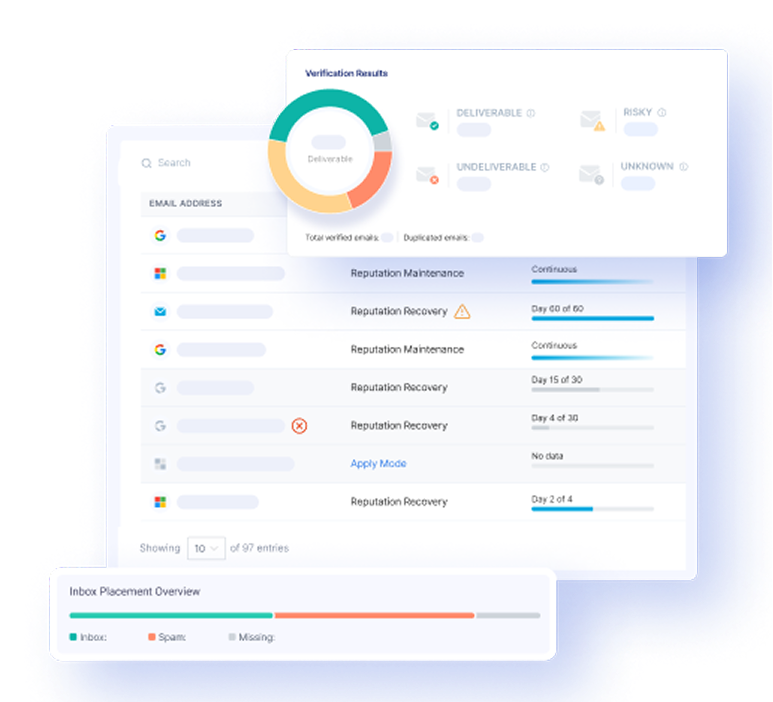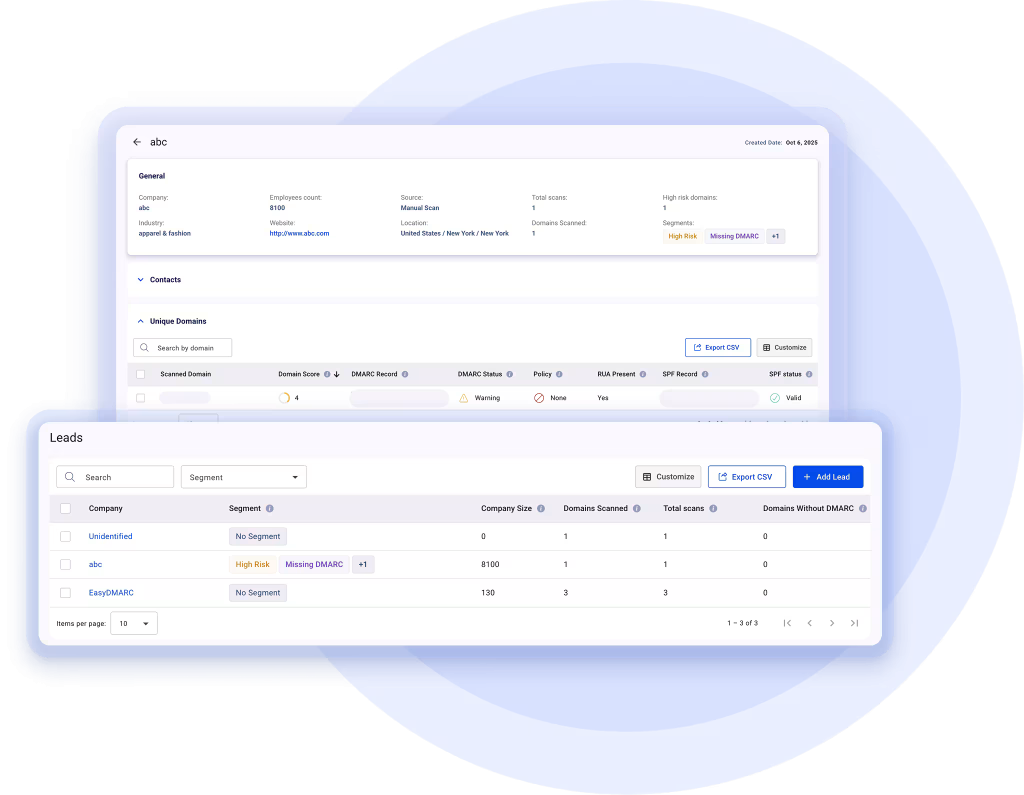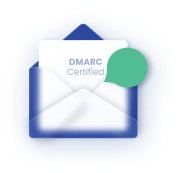MSPs face a lot of challenges while trying to keep their customer information safe from ever-growing cyber threats.
Generally, MSPs handle a lot of information for small and medium-sized businesses, so adequate security is a must. Attackers target SMBs because they don’t typically have robust protection against malicious threats. That’s why it’s up to MSPs to implement the best cybersecurity plan with effective measures to mitigate threats and vulnerabilities.
This article introduces the best cybersecurity tool categories for MSPs to consider as part of their security plan. Sure, these aren’t the only MSP cyber security tools available, but they offer Managed Service Providers a firm baseline in evaluating MSP cybersecurity needs. Let’s talk about the top must-haves.
Remote Monitoring and Management
With a Remote Monitoring and Management software solution, MSPs can manage and monitor their client’s critical IT infrastructure, including hardware, software, network, servers, workstations, and other endpoints.
An all-in-one RMM solution helps MSPs centralize all their operations. They can monitor and manage their client’s resources from a single dashboard instead of managing multiple tools.
RMM tools help MSPs be more proactive when it comes to handling clients’ systems. You can offer clients faster support from anywhere. In fact, you can identify and fix issues before your customers get to know about them.
Backup Solution
With the growing nature of cyberattacks, it’s become imperative for MSPs to use robust and effective backup software. Protecting customers’ critical data from cyberattacks is a priority. Even with robust cybersecurity defense tools, MSPs shouldn’t assume they’re 100% secure, though We recommend regular backups of client’ information.
Keep in mind that not all backup solutions are the same, and they don’t offer the same level of protection. Below are the various types of backup solutions:
- Onsite Backup Solution: This is one of the easiest ways to backup your critical data. Here, you store your data on backup hardware. This provides quick recovery in the event of missing files or virus infections.
- Offsite Backup Solution: Offsite backup solutions offer an extra layer of data security compared to an onsite backup solution.
- Cloud Backup Solution: Cloud solutions are gaining ground in the tech world, and backup solutions are no exception. One of the benefits of backing up your data in the cloud is that you can access it anywhere and anytime. All you need is a seamless internet connection.
- Hyper-V Backup Solution: MSPs that use virtual machines (VMs) should consider this backup solution. It offers a periodic backup of your VM data and configuration settings.
We recommend MSPs implement one or a combination of these backup solution types to guarantee the safety of their client’s data and network resources.
Endpoint Detection and Response (EDR)
Cybercriminals won’t stop attacking Managed Service Providers anytime soon. That’s why MSPs need to expand their security defense strategy beyond standard layers like DNS filtering, firewalls, and active directory protocols.
Implementing sophisticated endpoint detection and response solutions protects clients against modern cyberattacks.
EDR is an endpoint security solution that regularly monitors user devices to identify and respond to threats like malware, phishing, and ransomware. One of the vital benefits of using EDR is its built-in behavioral analysis feature. It analyzes databases received from endpoints to detect unusual behavior, automatically respond to threats, and negate similar ones in the future.
DNS Filtering
DNS filtering is the method of using the Domain Name Service to restrict malicious websites and filter out questionable or harmful content. This gives MSPs the capability to help customers control what employees can access on their networks, minimizing risks from malware, ransomware or phishing attacks.
DNS filtering comes with several benefits. It significantly reduces the remediation workloads of IT pros and MSPs. Another benefit of implementing a DNS filtering tool is increased productivity.
Email Security
With the prevalence of email scams and cyberattacks, MSPs need to focus on email security too. A protected communication environment both within the company and with clients is crucial. Here are some email security tools available for MSPs:
- Email Encryption: This is one of the top email security tools that MSPs should have in their arsenal. Email encryption tools disguise data, rendering it unreadable to anyone aside from the intended recipients.
- Malware Protection: Another must-have for MSPs, malware protection tools safeguard systems from malicious programs like viruses, ransomware, and spyware.
- Spam Filtering: Unwanted messages usually sent in bulk from unknown sources can be dangerous. With spam filtering hardware or software, MSPs can detect unwanted, malware-infected messages from reaching their clients’ inboxes.
- Email Authentication (SPF, DKIM, DMARC): Spoofing and phishing are common tactics cybercriminals use to compromise MSP networks. Having an email authentication tool safeguards email accounts from impersonation, spoofing, and phishing attacks. Improved email deliverability is another benefit. By joining EasyDMARC’s MSP/MSSP partner program, you can easily manage and monitor email authentication to prevent email fraud.
- Deliverability: Various factors impact email deliverability, including sender reputation, list hygiene, and email authentication. EasyDMARC has various free and paid tools to help reach email deliverability goals.
- Archiving and Continuity: Having an email archiving and continuity tool is vital for every MSP and MSSP. It keeps records of all sent and received communication for as long as you need, assisting your data recovery process in case of an incident.
Password Management
Depending on size, MSPs handle tens and even hundreds of businesses, so they need good password management tools to monitor and protect business and client credentials.
- Generation and Insertion: MSPs can use password generation tools for seamless management with almost no downtime. It helps customers create unique, strong longtail passwords for various accounts and real-time access.
- Password Rotation: This itool makes password management easy for MSPs. It helps automatically reset passwords, reducing the risk of password-based attacks and exploits.
- Multi-factor Authentication: MSPs can use multifactor authentication tools to protect their customers’ data from identity theft. With MFA, you need two or more authentication factors for a successful login. Even if a hacker discovers the password, they’ll need additional information for account access.
Documentation Management
Documentation management is the use of computer software to track, store, and manage electronic documents. With this tool, MSPs can lower operational costs and reduce errors by keeping procedures, processes, and policies in order.
Conclusion
Cybercriminals will always target MSPs and MSSPs to gain access to their large customer database. MSPs must implement the best cybersecurity tools to safeguard their clients’ IT infrastructure.
From remote monitoring and management to backup solutions, endpoint detection and response, and DNS filtering, MSPs have a range of tools at their disposal. Email security and password/ documentation management are also crucial.
Aside from these cybersecurity tools, it’s important for organizations to conduct employee and end-user training, encouraging a culture of MSP cybersecurity compliance.





